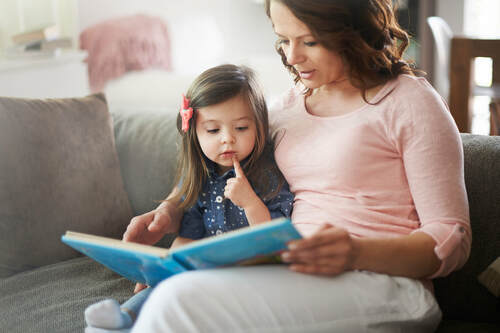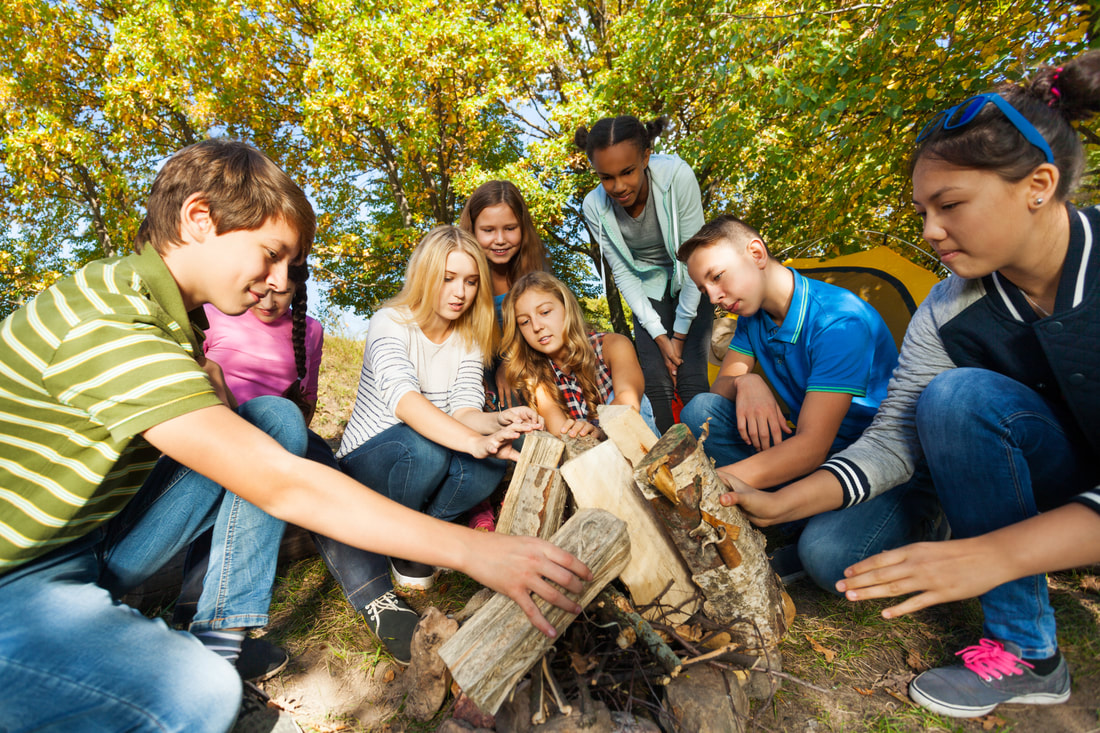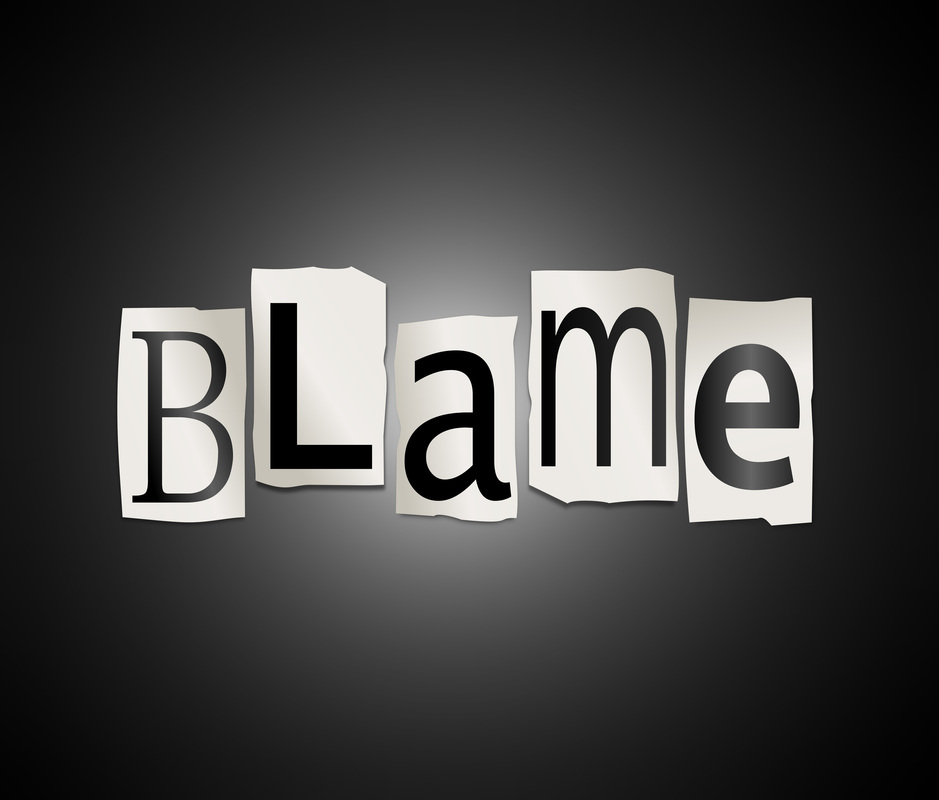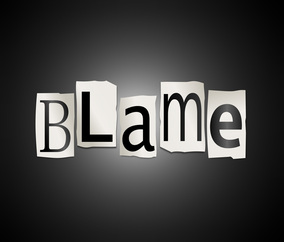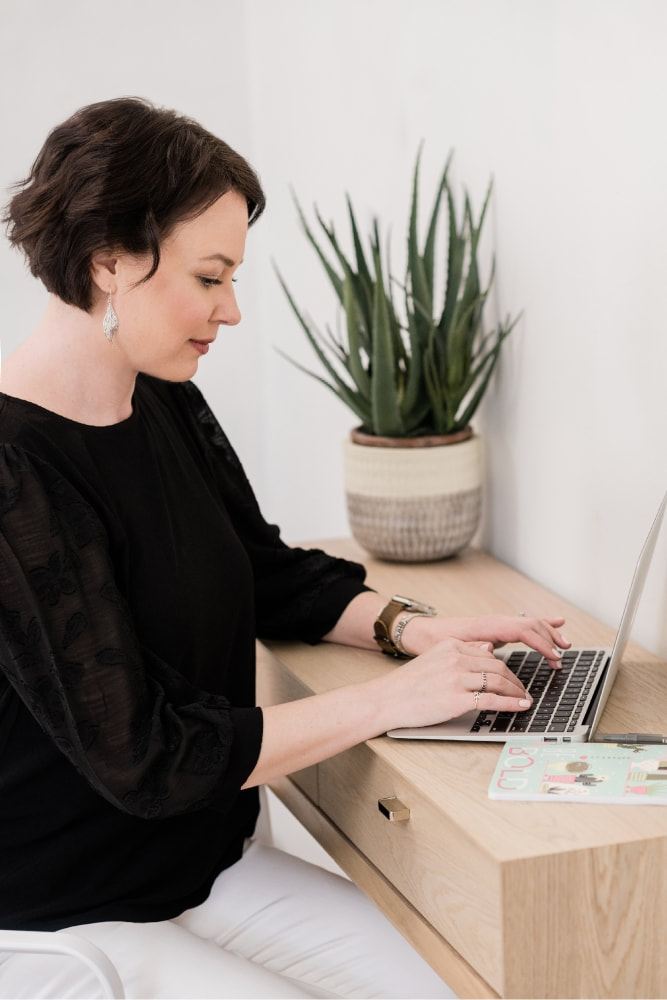|
Copyright : Anna Bizoń/123RF Stock Photo
I know it’s a tough subject. Many parents are determined to do better than their parents did. But how do we start? When do we start? How do we tell them the truth about where babies come from without scarring them for life? The good news is that it is much easier than you think, because BOOKS. Glorious BOOKS! You don’t need to even think about how to start. You start with BOOKS. When to start? Today! Here’s the rundown on my favorite ways to approach everyone’s favorite topic with kids under 11.
1 Comment
Copyright: Sergey Novikov/123RF Stock Photo
Summer is here and if you’re like many parents, you have booked summer camps for your kids to attend, so they don’t drive you insane *COUGH*, I mean, so they have a well-balanced summer. Camp can be summed up as new kids + new adults = new social dynamic, so now’s the time to brush up on convos about bodies and boundaries.
I want to start out by saying that the majority of sexual abuse is perpetrated by someone the victim knows well (1), so stranger danger doesn’t quite live up to its reputation. But next up in perpetrator probability are people who your kid knows well but you do not (2). Hence, summer camps! Now, mind you, I’m writing this post as a mom and sex educator, not necessarily as the prevention scientist and professor that I also am because (to my knowledge) there hasn’t been a ton of research on summer camps. But really, summer camp is so fun! I went to them as a kid and send my own kid to them, so I don’t think they are dangerous spaces. But they are spaces for kids to apply their social knowledge and practice their social skills in a new environment. Consider addressing the following:
Currently, the world is a buzz again over accusations from multiple women who were allegedly sexually assaulted by Bill Cosby. I am not going to go into whether or not you should or shouldn't believe that Bill Cosby is guilty of these crimes. That is not my job. However, part of my job is to educate people on the psychology of experiencing abuse or assault, perpetrating abuse or assault, and the culture in which sustains the cycle of abuse and assault. As a culture, we do not want to go there. But I’m going to (sort of) go there now.
Every time there is a big media story about sexual abuse or assault everyone gets wound up. However, these are not isolated events of violence. These are publicized events of violence. These atrocious acts occur every day to people we probably know. What’s worse, because we are used to huge media outbreaks of sex scandals, we're only aware of events that are publicized. This leads us to perceive this problem as being much smaller than it actually is.
I’ve been getting requests from parents over the past year, to write a post about talking to kids about sexuality. It really is impossible to boil down all the relevant information a parent needs to talk about sexuality with their kids into a single blog post for several reasons: 1. Each child is going to require different discussions at different points throughout childhood; 2. You wouldn’t emphasize all the same points to a girl as you would a boy or a child that is struggling with their gender identity; 3. You wouldn’t approach discussions about sexuality with a wallflower child as you would a social butterfly; 4. If your child has experienced sexual abuse, he/she would need different care that this post cannot address; 5. If your child is a sexual minority he/she is going to need some different conversations than a heterosexual child. However, there are some basics that everyone at any age can handle. There are also some points that I like to emphasize that are rarely if ever emphasized in standardized sexuality education programs or even parent-child communication programs. I also believe these points can be made regardless of the sexual values you have for your family. Here are a few “tip of the iceberg” pointers:
Currently, the world is a buzz over Dylan Farrow’s open letter where she describes her experience of sexual abuse. I am not going to go into her experience or why you should or should not consume material made by an artist who was accused or convicted of violence of any kind. That is not my job. However, part of my job is to educate people on the psychology of experiencing abuse or assault, perpetrating abuse or assault, and the culture in which sustains the cycle of abuse and assault. As a culture, we do not want to go there. But I’m going to (sort of) go there now.
|
About this Blog:I'm here to help us discuss sexuality, gender, and media by integrating information from academic and mainstream sources. I hope this resource produces more sexually competent people who raise sexually competent kids. Categories
All
|
